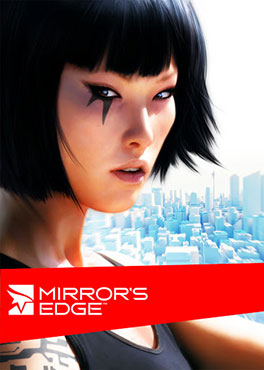 They've turned a Reliant Robin into a space shuttle, driven across the salt flats of Makgadikgadi and even taken a Toyota to the north pole, and this year hit BBC show Top Gear were attempting something that the American's could never achieve - travelling almost one thousand miles from the south of Vietnam to the north. It sounds easy enough but, as fans of the show will know, it's never made easy for the Top Gear trio. Could they complete the eight day challenge, whilst providing their trademark entertainment?
They've turned a Reliant Robin into a space shuttle, driven across the salt flats of Makgadikgadi and even taken a Toyota to the north pole, and this year hit BBC show Top Gear were attempting something that the American's could never achieve - travelling almost one thousand miles from the south of Vietnam to the north. It sounds easy enough but, as fans of the show will know, it's never made easy for the Top Gear trio. Could they complete the eight day challenge, whilst providing their trademark entertainment?The trio begin in Sigon, where they are each given a shoebox full of a misleading amount of Vietnamese cash. Assuming that the producers have been kind this time, Clarkson, Hammond and May soon realise that they've got little over one thousand US dollars to spend on a vehicle, and with cars being so expensive, they're forced to settle with motorbikes - much to Clarkson's displeasure. So the three set off on their dirt cheap bikes, Hammond and May confident that this will be the easiest challenge they've ever attempted.
As usual, the journey from south to north Vietnam is not quite as simple as they thought it would be. Naturally, an inexperienced Clarkson struggles to get to grips with the bike, while Hammond and May have their own problems. The traffic is insane, making even the busiest western roads looking positively timid. It's the rainy season, so it all comes bucketing down on them. And, being Vietnam, it's damn hot. But the trio soldier on, taking it all in with good humour, mocking each other and pulling the usual pranks along the way.
Naturally, it's the humour and pranks done by the presenters that result in most of the show's entertainment. Whether it's Clarkson's casual racism, Hammond's outright refusal to sample the local cuisine, or just May's usual bumbling there's going to be a lot of parts in the episode that'll make you smile. Since a lot of time is spent in dense cities, as opposed to rural Africa or the Arctic, the presenter's take advantage and buy each other ridiculous presents in an attempt to make the task that little bit harder. It's funny and enjoyable, but that's not all there is to the Vietnam special.
With the infamous Vietnam war taking place little more than thirty years ago, there are a couple of potent moment in the episode when the presenters encounter memorials, sites, or even people who were involved in the conflict. These moments in the show serve as a stark contrast to the light hearted fun during the rest of it, and as a result are made that much more potent.
As fantastic as the episode was, it's easy to say that whatever was on show was constantly upstaged by the incredible setting. Complicated brilliantly with classic music from the 60s and 70s (no prizes for guessing why that was used), Vietnam is another phenomenal location for the Top Gear team to explore. It's a massive culture shock, and an fantastically interesting insight into a country that unfortunately better known for a fateful war, than it's apparently beauty.
It's another triumph for Top Gear, as they not only offer an great insight into Vietnamese culture and life, but provide a lot of fun and laughter at the same time. It's great to see Top Gear still going strong after so long, and the Vietnam Special is no exception.
5/5
I'm really annoyed that I couldn't work "...in the world" somewhere into this.
Has been writing too much and has forgotten what real people look like - tomdoodle16@live.co.uk




























